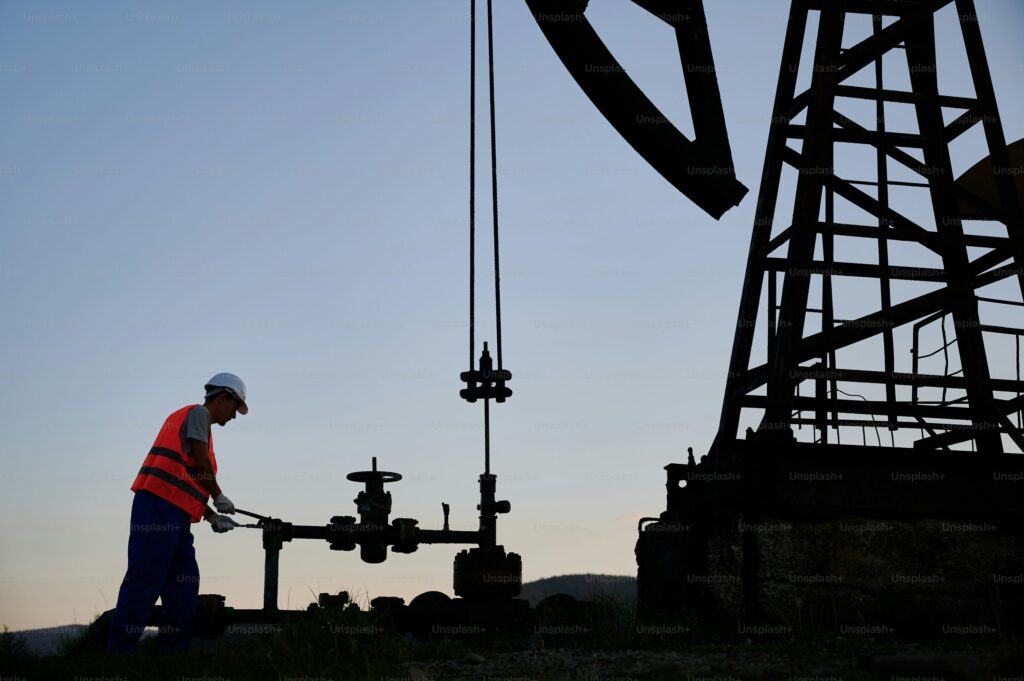Canary Media concedes, in an email headed “Carbon capture gets its day” that “The world isn’t cutting emissions fast enough to avoid disastrous climate impacts” and proceeds to describe carbon capture as moving too slowly before adding “campaigners are concerned focusing on these technologies will distract from the hard work of cutting emissions and throw a lifeline to the fossil fuel industry” and citing as evidence that “Saudi Arabia and Russia called on the World Bank to finance carbon capture projects. Both countries have plans to increase their oil and gas production.” To which we reply, with the usual focus on practicality, “So what?” Or is your real concern not practicality but social engineering?
Yet another new climate panic publication, with the subtle name “Heatmap”, and they are all the rage though we thought the science was settled so what’s left to say, just announced that:
“Critics worry that governments and corporations will not work as hard to cut greenhouse gas emissions if they believe they’ll eventually be able to reverse them. Some have warned this is already happening. On Thursday, Climeworks, one of the leading companies developing machines that suck carbon dioxide from the air, published a manifesto of sorts to fend off the risk that its technology is used to delay climate action. The Swiss company’s statement calls for ‘a clear distinction between emissions reductions and carbon removals’ in corporate and national climate plans and in the carbon market. It can be read as a pitch to improve the ever-popular but dangerously vague net-zero pledge. In theory, a plan to achieve net-zero emissions should involve both reducing emissions and then reaching a sort of equilibrium where any remaining releases are canceled out by removing carbon from the atmosphere.”
Why? If sucking it out is more efficient than never blasting it in to begin with, why wouldn’t we focus on it if our key metric is atmospheric CO2 not stratospheric sanctimony or eco-communism? Is there more to this “climate” thing than climate? Is shutting down the engine of our economy, or forcing people to adopt more virtuously simple lifestyles, the crucial goal? Heatmap makes no bones about the fact that:
“large swaths of the environmental community have joined together to oppose the technology. In July 2021, more than 500 organizations signed on to a letter to U.S. leaders in Washington arguing that carbon capture is not a climate solution. ‘Simply put, technological carbon capture is a dangerous distraction,’ the groups wrote. ‘We don’t need to fix fossil fuels, we need to ditch them.’”
So it’s not about the CO2 after all? It’s about the lifestyle? Way to fuel paranoia. But in any case it all misses the main point, which is that carbon capture is nowhere near ready to counteract emissions.
In another would-be upbeat piece “EPA rules may push power plants to capture carbon. Is the tech ready?”, Canary Media starts rather gloomily that “The Biden administration is poised to propose new regulations for coal- and gas-burning power plants, which could breathe new life into a long-beleaguered technology.” Long-beleaguered? What? Isn’t it like this totally cool whiz-bang ready-for-prime-time green economy thing?
Alas no. No it is not. Instead:
“Carbon-capturing technology has been tried and tested at U.S. power plants in recent decades, with very little success. None of the country’s 3,400 commercial power-plant units currently use carbon-capture systems in significant ways, despite years of research and billions of dollars in government and utility funding. Several high-profile initiatives have been canceled or shelved after companies encountered major setbacks and soaring costs.”
Then they slapped some lipstick on the pig with “policy and technology experts say that carbon capture and storage may now have a better shot at succeeding due to several recent developments.” Including such punitive carbon taxes that you’ve just got to make it work even if “Along with sky-high capital costs, uncertainty about the demand for captured CO2 also historically hampered projects.” And won’t that boost the economy?
Lipsticking pigs is important in the world of pseudo-practical alarmists. Indeed in another piece Canary Media does a quick victory dance that:
“California adopts first-ever rules to decarbonize freight trains/ All new locomotives operating in California will have to be zero-emissions by 2035.”
Woot, right? Or maybe woooooooooooot. Until they add “But rail operators say the technology isn’t ready to roll just yet.” Note the “just”, which blurs soothingly over the reality admitted later in the story:
“But exactly how California will achieve these ambitious new goals is still an open question. Alternative technologies, such as battery-electric and hydrogen-powered locomotives, are in their relative infancy…. Opponents of the new rules, including the Association for American Railroads, say CARB’s decision isn’t rooted in reality.”
The same is true of carbon capture. There’s a lot of hype, and very little carbon. (As we’ve noted before, if it were not so, why are makers of carbonated drinks still buying CO2 that is extracted from natural sources?) But if carbon capture is lack of pie in the ground and we’re nowhere near ready to cut emissions, what exactly is left? And here things get awkward.
In another piece Heatmap conceded that:
“Whatever you want to call it when investors become harder to reach, suppliers drive a harder bargain, and new hires get delayed, the climate-tech and renewables industries seem to be experiencing it.”
We are inclined to call it “bubble”. When enthusiasm turbocharged by subsidies causes a reckless flood of money into some trendy area until you suddenly realize the actual results just aren’t there, or, as one green startup CEO phrased it:
“People made a variety of bets over the past 36 months as capital – which was long overdue – came into climate tech. Now people are being a little bit more discerning about which companies and teams are hitting their milestones.”
Oh. That.
Including, we might add, growing awareness that all this hyped new “clean” energy isn’t just hideously dirty at the raw material production end. Getting rid of the mess when the turbine has taken its last spin and the panel has captured its last photon is also a thorny problem and the more of this stuff you deploy the more urgent it becomes.
So when The Economist tells us “How Japan is losing the global electric-vehicle race” under the condescending tagline “Fumbling the future” we wonder whether carmakers might know something wordmakers don’t.
Even Canada’s Prime Minister Justin Trudeau, who is not primarily a reality-based politician, recently told some university students that my climate policy is great blah blah blah subsidy:
“as we continue to draw in giants like Volkswagen who choose Canada partially because we have a clean energy mix to offer to power. We’re gonna need a lot more energy. We’re gonna have to be doing much more nuclear.”
And since we have called enthusiasm for nuclear energy a sanity test for climate alarmists it would be churlish to deny him credit.
So a number of MPs promptly did, including one former Green he lured into his caucus and might now be eyeing with one foot in his every-ready dissenter-evicting boot. And the news story, which predictably put the criticism card before the policy horse, said “MPs from all parties, except the Conservatives, appeared alongside experts Tuesday to warn against the use of ‘dirty and dangerous’ nuclear energy” and quoted some random academic activist that:
“New nuclear is already far more expensive than proven renewable energy sources like wind and solar. And there is no guarantee that these nuclear experiments will ever generate electricity safely and affordably.”
Right. Because currently only 15 percent of our energy comes from nuclear and we’ve never had an accident. (BTW the professor in question is a climate scientist provided that term encompasses sociologists whose “primary interests are environmental, feminist, labour and political issues.”)
Think USA Today will fact-check that nuclear is “dirty”? Or is it all about forcing a transition on us for reasons that go so far beyond climate that they leave it behind?



The belief that human beings have found the "Magic Knob" on the client console of literally millions of variables that affect the Earth's climate, and it is a gas that is 1/2500th of the atmosphere, seems implausible at best. Carbon dioxide concentrations are currently in the 400(s) ppm. They are believed to have been between 3,000 and 9,000 PPM during the Cambrian explosion about 500 million years ago. So called "runaway global warming" does not seem to happen on the Earth.